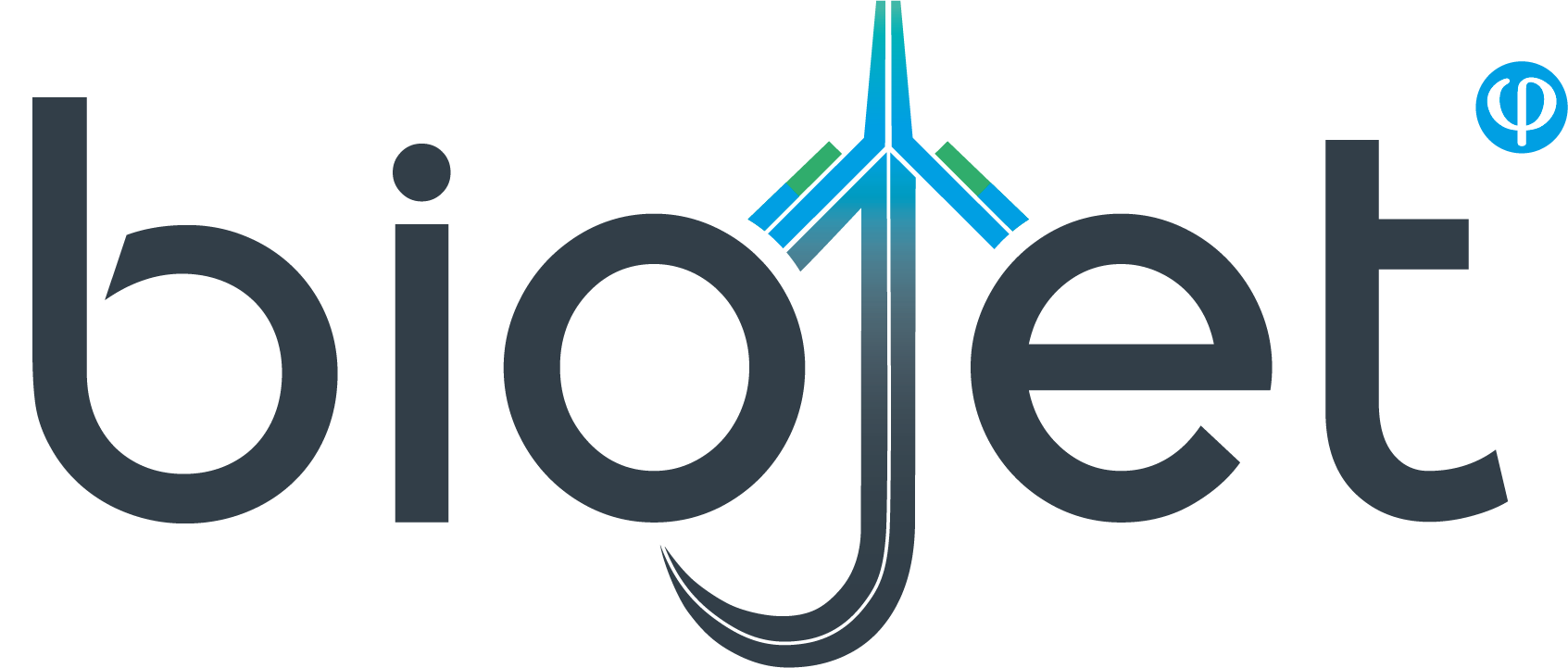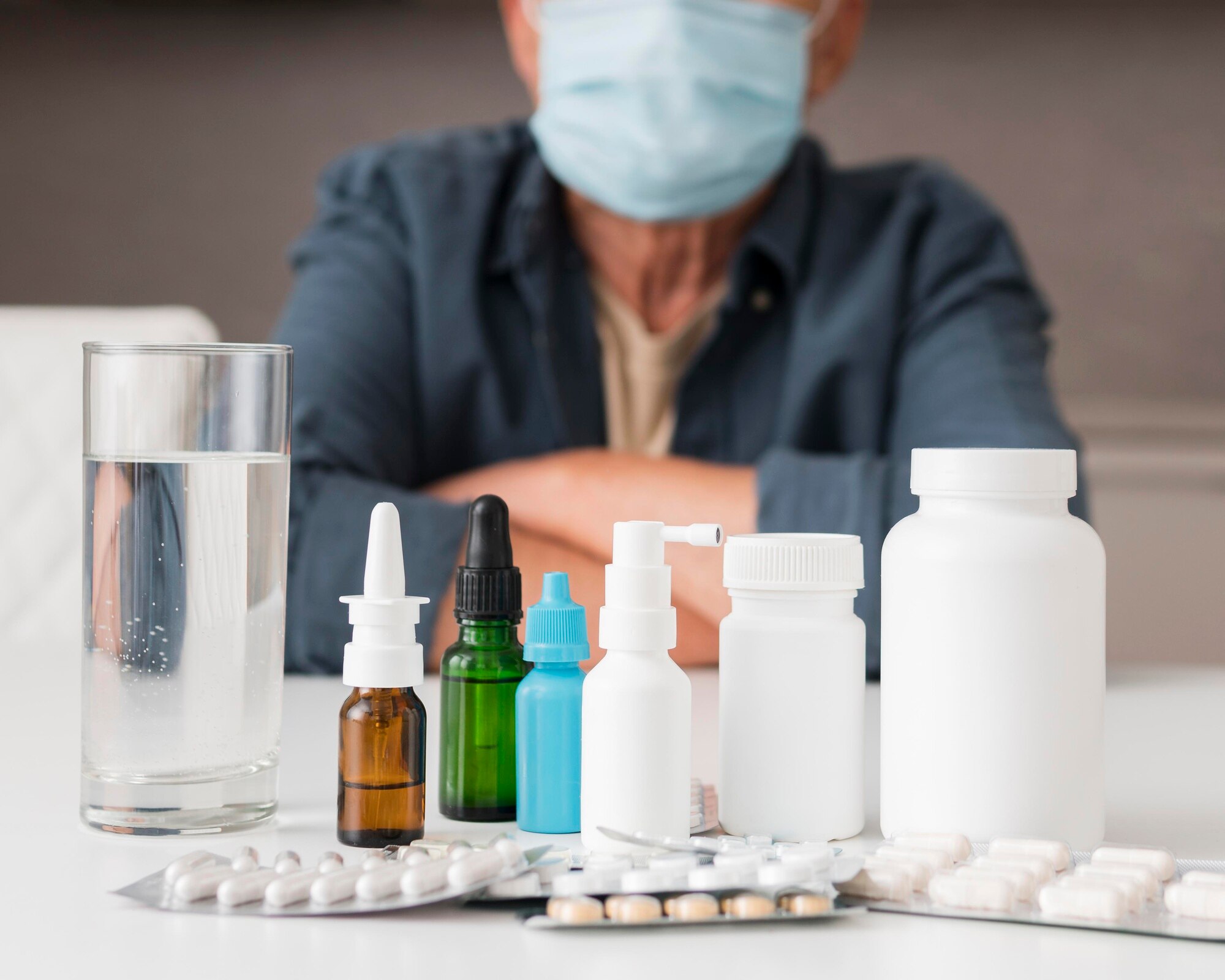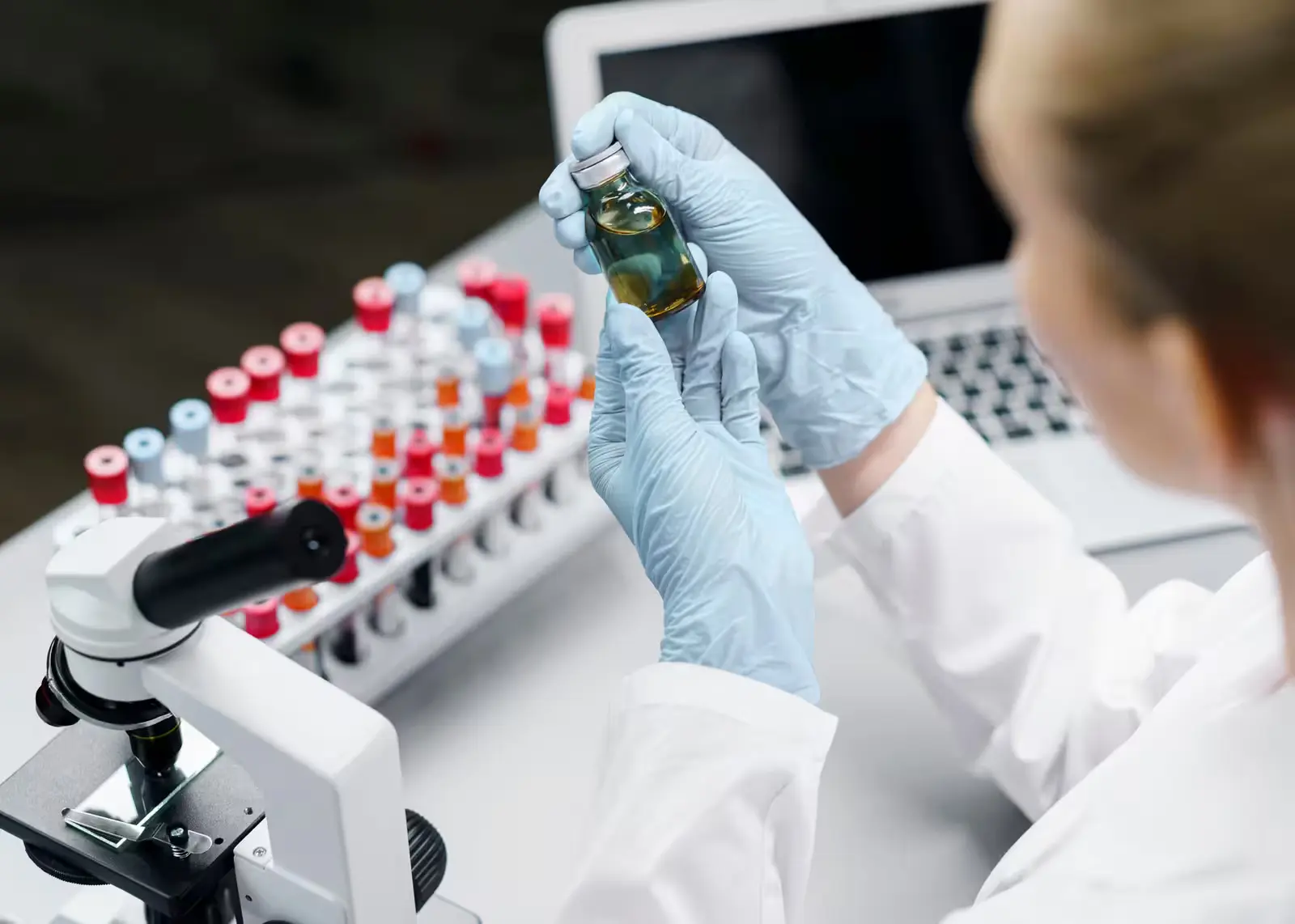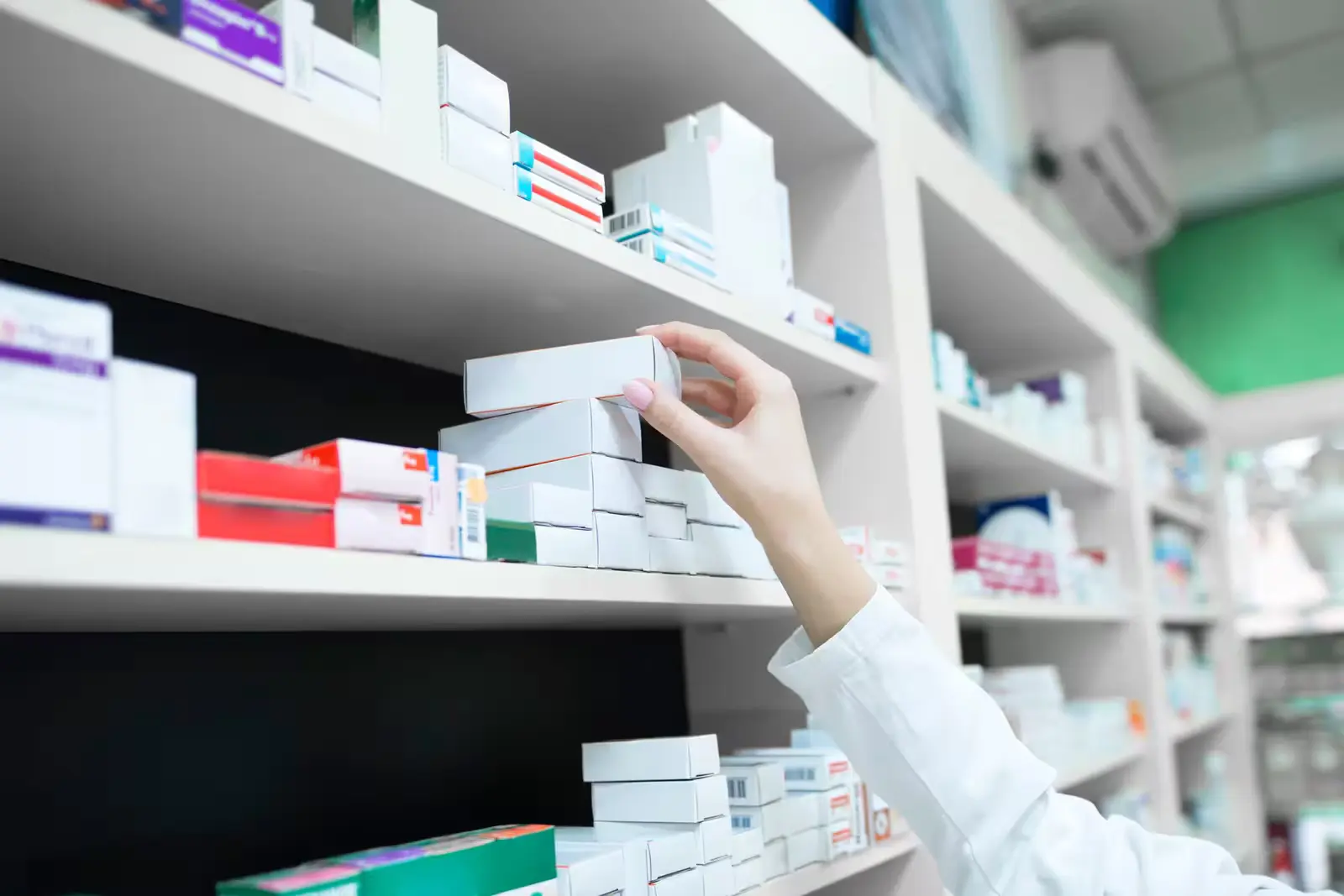The Department for the Regulation of Drug and Medical Device Circulation of Russia’s Ministry of Health has issued a clarification in response to a request from the Krasnodar Territory’s Contract System Regulation Department. The clarification explains how to apply Government Decree No. 1875, dated December 23, 2024, which extends the “second extra” mechanism to purchases of drugs from the Vital and Essential Drugs (VED) list and the Strategically Important Medicines (SIM) list.
This rule stipulates that if at least one bid offers a domestically produced product, all bids proposing foreign-made products must be rejected. The Ministry’s department clarified how the decree is structured, summarized the application rules of the annexed lists, and explained the rationale behind the introduced mechanisms.
The clarification references a letter from the Russian Ministry of Finance, dated January 31, 2025, which also outlined procedures for applying these new procurement practices.
Key Points by Annex
- Annex 1 includes goods that cannot be purchased if produced abroad. These include vacuum blood collection tubes, ambulances, ventilators, hospital beds and other medical furniture, privacy screens, and medical masks.
- Annex 2 lists goods subject to restrictions, meaning foreign-made versions of these items can’t be purchased if there is a compliant bid offering a Russian-made equivalent. This includes dental and medical furniture, endoscopic systems, certain types of X-ray equipment, SPECT systems, otorhinoscopes, tonometers, lithotripters, defibrillators, neonatal warmers, medical microscopes, and containers for blood and component storage/transport. Some medicines are also included in this list.
- Annex 3 outlines a minimum required share of domestically produced goods for procurement contracts.
Additional Clarifications
The Ministry emphasized that the 15% pricing preference (discount applied only for evaluation purposes) applies only to goods, not to services or works that do not involve the physical supply of goods. This rule remains valid even if the procurement includes just one item not listed in Annexes 1 or 2.
The Ministry also noted that the product groupings in the lists are based on classifications from the Russian Product Classification Code (OKPD-2), which uses a hierarchical coding system. Higher-level groupings encompass all subordinate categories.
Special Provisions for Strategically Important Medicines (SIM)
Starting September 1, 2025, government procurements of SIM drugs will include preferences for local manufacturers of active pharmaceutical ingredients (APIs). Proposals involving drugs made in EAEU countries will be treated as foreign-sourced if all production stages are not carried out within the Union’s territory.
The regulation on national treatment for procurement of goods, works, and services for state and municipal needs was approved by the Russian government in late December 2024. The Ministry of Finance drafted the measure, which remained unchanged from the public version released in early December 2024. The initial version from August 2024 faced skepticism from industry and patient groups, and even the finalized version left room for interpretational ambiguity.
As of January 1, 2025, the “second extra” rule officially applies to foreign medicines not localized in Russia.
A bill to legally define the SIM list was passed by the State Duma in February 2025 but has not yet been signed by the President. The Ministry of Industry and Trade, Ministry of Health, and Federal Antimonopoly Service (FAS) are currently working together to develop the criteria for inclusion. The final regulatory act is expected to be presented in May 2025.
Source: Vademecum, April 16, 2025








